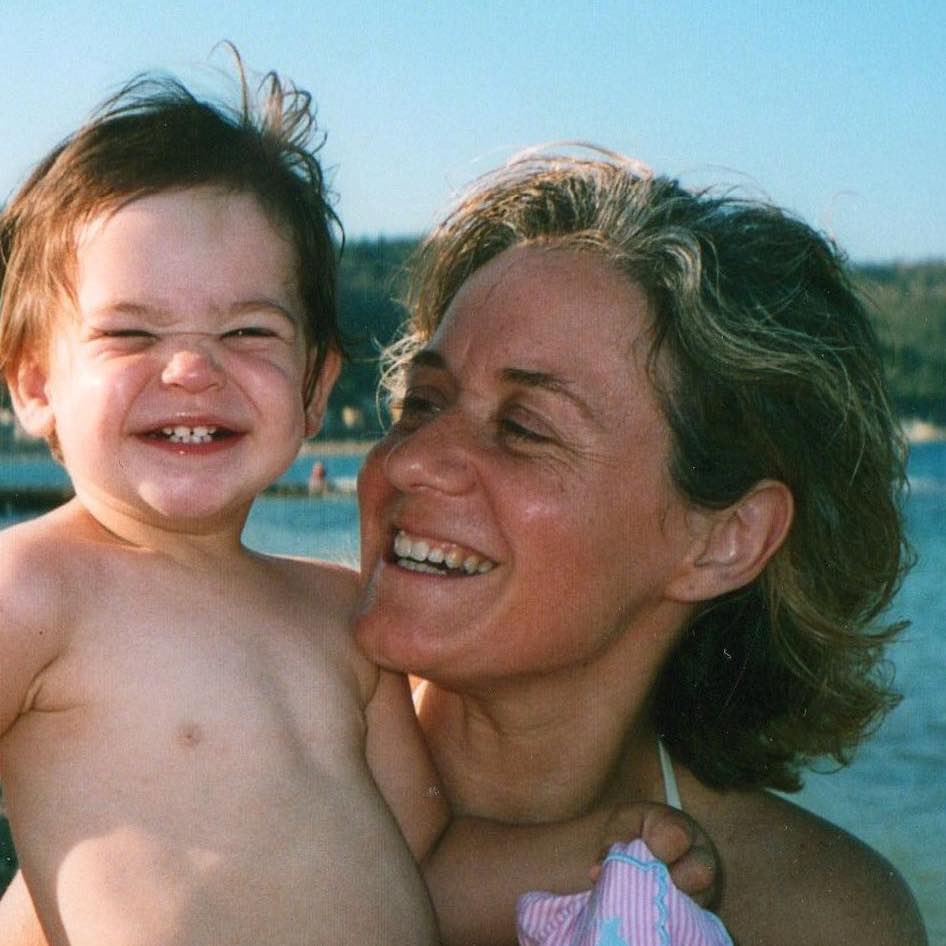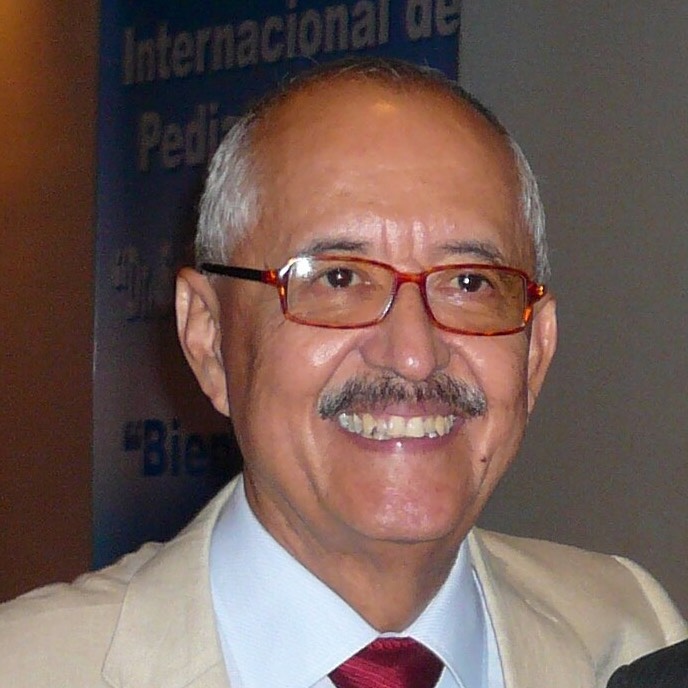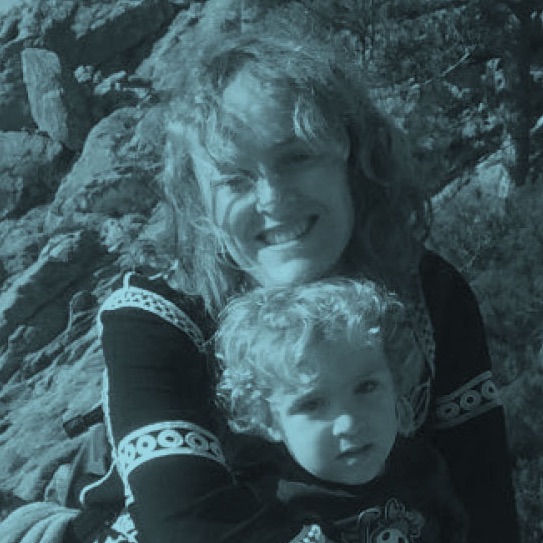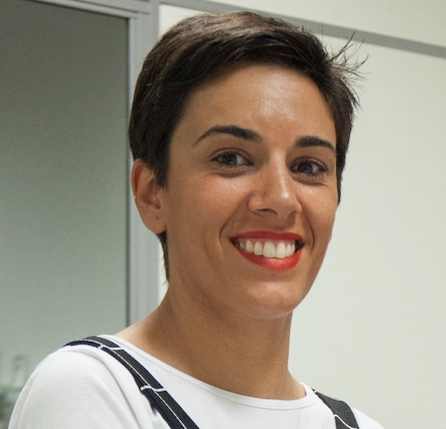Únete a nuestro boletín
Recibe información actualizada, novedades y noticias sobre la lactancia, el proyecto e-lactancia y otras iniciativas de APILAM
Legitimación: Consentimiento del interesado.
Como usuario e interesado te informo que los datos que nos facilitas estarán ubicados en los servidores de Mailchimp (proveedor de email marketing de APILAM) fuera de la UE en EEUU. Mailchimp está acogido al acuerdo EU-US Privacy Shield, cuya información está disponible aquí, aprobado por el Comité Europeo de Protección de Datos. Ver política de privacidad de Mailchimp. (https://mailchimp.com/legal/privacy/).
El hecho de que no introduzcas los datos de carácter personal que aparecen en el formulario como obligatorios podrá tener como consecuencia que no podamos atender tu solicitud.
Podrás ejercer tus derechos de acceso, rectificación, limitación y suprimir los datos en apilam.es@gmail.com así como el derecho a presentar una reclamación ante una autoridad de control.
Puedes consultar la información adicional y detallada sobre Protección de Datos en esta web: http://e-lactancia.org, así como consultar nuestra propia política de privacidad.







